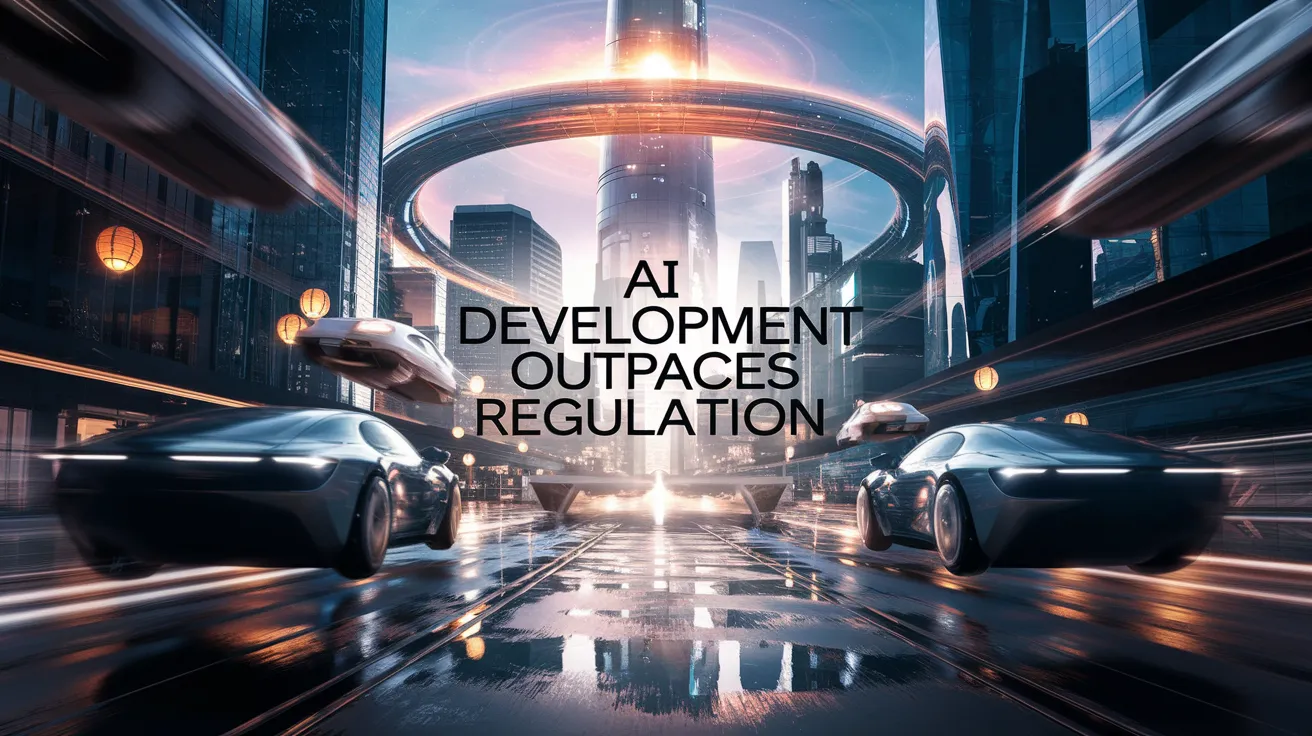AI Development Outpaces Regulation

The open letter discussing artificial intelligence (AI) consciousness highlights a significant moral dilemma—should the development of conscious AI become a reality, we must consider our ethical obligations to prevent suffering. The authors, including Dr. Tom McClelland, point out that while there are theories that suggest AI could achieve consciousness, it is also plausible that such a state requires being an organism. This skepticism leads to a nuanced discussion about the AI consciousness debate, where the only sound position may be an agnostic one.
Despite the complexity surrounding the moral issues of consciousness in AI, the authors argue for responsible action in the face of uncertainty. This responsibility is magnified by the recommendations from the open letter to prioritize research into understanding and assessing AI consciousness, balancing the ethical implications with the existing challenges in establishing valid testing methods.
Michael Webb emphasizes the significance of distinguishing between the training of AI models and their processing of creative works. Using a metaphor about photocopying and paraphrasing, Webb articulates a critical point: while training may attract much attention, the processes following training are equally important to safeguard creative industries. The focus on processing could help establish a fair economic model that respects the rights of creators and their work.
Furthermore, the urgency for global AI governance becomes apparent as significant advancements like DeepSeek’s R1 model echo through the tech landscape. The release showcases the fact that cutting-edge AI developments extend beyond tech giants, raising questions about oversight and transparency. The authors argue that existing governance frameworks are fragmented, underscoring the need for comprehensive international agreements that prioritize ethical standards and stability in AI deployment.
With the financial repercussions of AI advancements, such as Nvidia’s $600 billion market loss post-DeepSeek’s release, the discourse around global regulatory frameworks grows. As AI outpaces regulation, experts warn that efficiency should not dictate the evolution of this technology. Establishing a robust, coordinated international governance structure now can help mitigate risks associated with unregulated AI, ultimately ensuring that AI serves humanity, protects rights, and promotes stability.